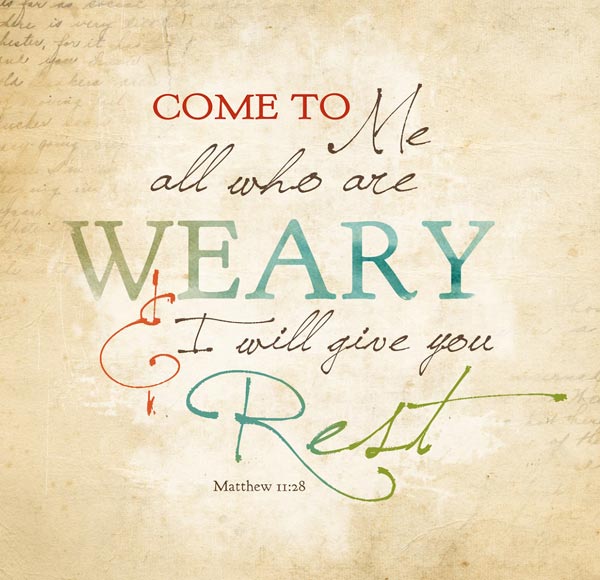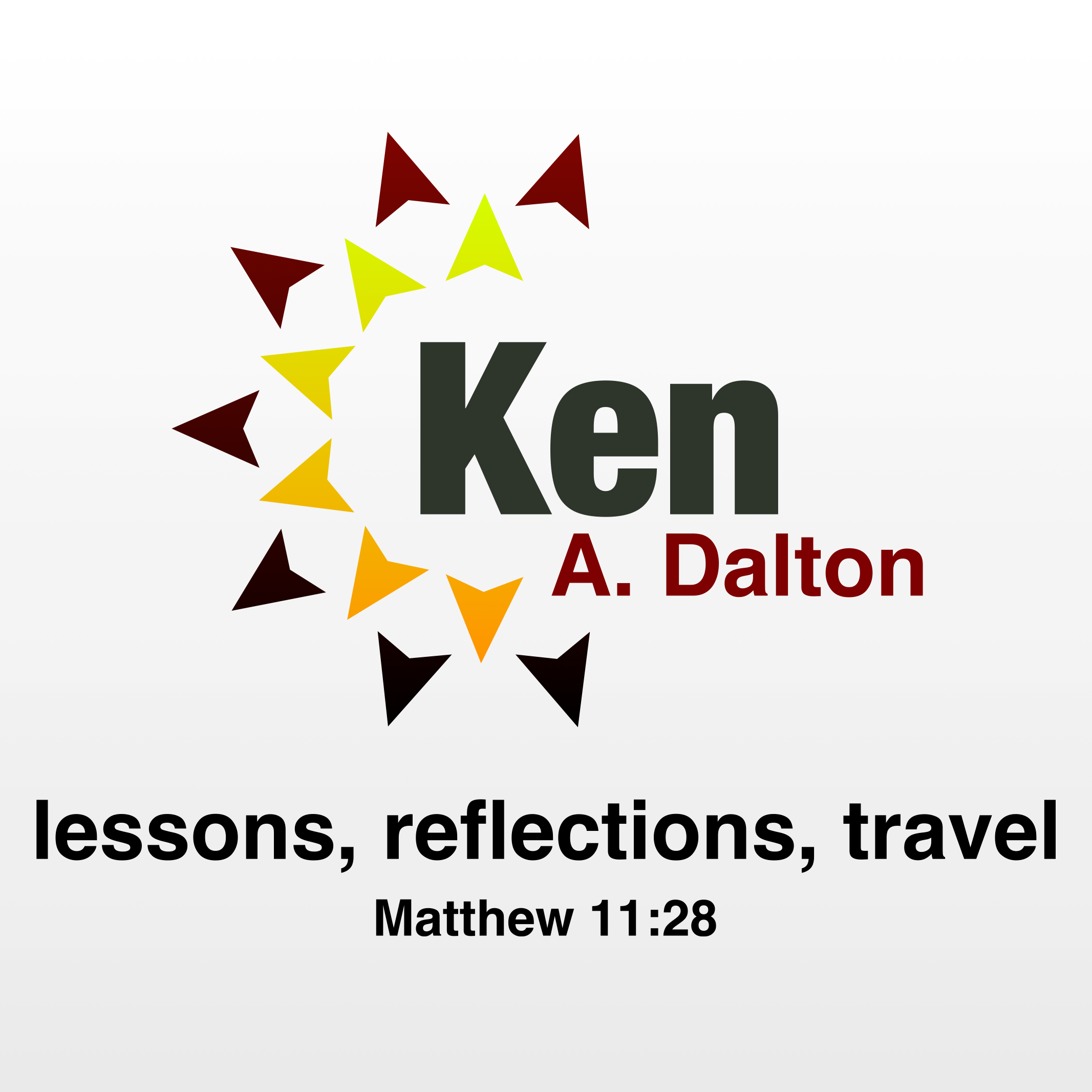
I am reading, reflecting, and writing on the topic of rest as a spiritual discipline from a unique perspective. Having been granted a 4 month sabbatical by Crossroads Church, received a generous grant to be able to travel, and in spite of all of that, struggling to keep balance in the experience Vanessa and I are having. Days have largely been full and demanding, because of the schedule and travel deadlines. We knew going in that we had set an aggressive schedule and are finding that every few days we have to pull back and plan a day of rest. Rest doesn’t always mean staying in bed. Rest is a change of pace and a change in activity from whatever is the norm. So, rather than rushing to catch a bus or taxi to get to the pick-up point for a day-tour, a rest day for us might mean an extra hour of sleep, a more relaxed breakfast, and some down time so I can read and Vanessa can go walking and looking in local shops.
However, the entire Sabbatical experience is an example of the Biblical concept of rest. It is a gracious gift that allows me to do something entirely different from my “normal” routine that I have kept as a pastor since 1974, when as an 18 year-old, I first began to pastor a church.
I’m going to write a little less in detail on this chapter and more or less give you a set of bullet points to help you refresh yourself on the teaching of Philip Nation in his book, “Habits for Our Holiness.”
- We’re all in a hurry and a hurried life is a sign of a chaotic heart.
- God set the example and gives us the command and reasons for Rest.
- His example in ceasing His creative work on the 7th day is a part of showing us how to live well. For Him, it clearly had nothing to do with fatigue.
- For us, it is an opportunity to re-focus on Him and His design for our lives.
- Resting is an opportunity to express trust in God’s provision – that we know it is not all up to us to provide for our needs – the Creator will sustain us.
- This has important application in our understanding of our salvation. We cease activity and look intently at the God who did all that was necessary for our salvation. Hebrews even states that Christ, after His work on the Cross was completed, has sat down and rests at the side of the Father. He invites us to enter into that heavenly rest.
- Our bodies need rest. We do that nightly, but in the course of a week, the Father’s design is that we have a day that is different from all the other days. Give yourself a break!
- In addition, Philip Nation calls each of us to practice:
- Solitude
- Retreat
- Silence
- How do we “rest” in a community way? An obvious expression would be to gather for worship, prayer, and study of Scriptures. But, in addition, we can retreat with others and we can simply make sure that we regularly relax with Christian friends.\
- How can our rest become missional? Nation makes a great point when he says that rest will be noticed by those who don’t practice it. So, if I am the one who can show peace in a high-stress work environment, it will present an opportunity to invite non-Christian and even Christian co-workers to enter into that rest with me.
PRAYER: Father, help me never to think that I must work harder to impress You, to cause You to love me, or to keep my salvation. Thank you for showing me how to live well – to have the proper balance in my life. Thank you for your complete provision for my salvation.
